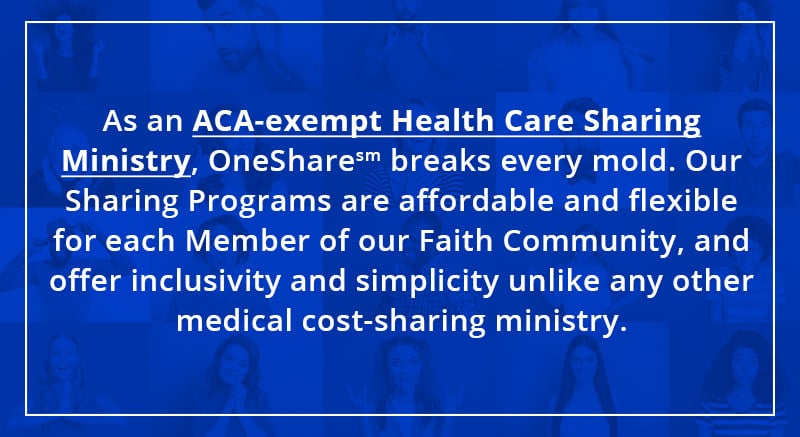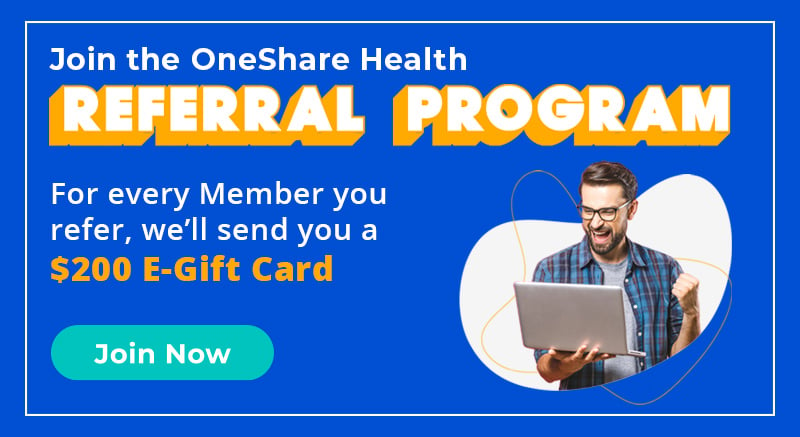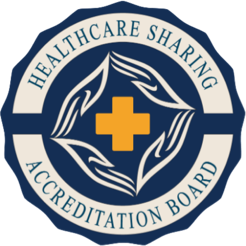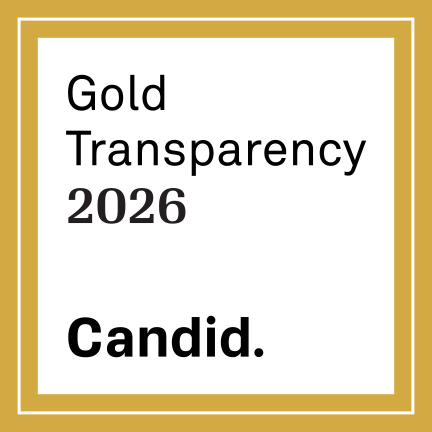When exploring options to manage health care costs, many individuals and families are turning to a different kind of solution, one rooted in community and shared responsibility. That solution is a Medical Sharing Program, also referred to as Health Care Sharing.
Let’s break down what that means and how it might be the right fit for you.
What is Health Care Sharing?
A Medical Sharing Program is not insurance. Instead, it’s a voluntary and faith-based way for Members to come together and share in each other’s medical expenses. Through Monthly Contributions, each Member helps carry the medical burdens of others in the Program. In turn, when you have an eligible medical need, you can request to have your expenses shared by the community.
OneShare Health, for example, is a recognized Health Care Sharing Ministry that facilitates the sharing process between Members. It operates under a clear set of Membership Guidelines to determine which expenses are eligible for sharing and how the process works.
How Does It Work?
Here’s how Medical Sharing works with OneShare Health:
-
Monthly Contributions – Members make Monthly Contributions based on the Program they select.
-
Eligible Medical Expenses – When a Member experiences a medical event, they submit a Sharing Request.
-
Sharing Process – OneShare Health reviews the request. If it meets the Guidelines, the need is shared using the community’s contributions.
-
Explanation of Sharing – A detailed statement is sent to both the Member and their Provider explaining what is shared.
It’s a straightforward, compassionate system that’s designed to help you manage unexpected health care costs while keeping monthly expenses more affordable.
What’s Included?
Depending on the Program you choose, such as the Classic Program, Catastrophic Program, or Catastrophic365 Program, you’ll have access to a variety of services, such as:
-
Virtual Urgent Care (Telemedicine) - 100% shared at no cost to you)
-
Emergency Room visits (shared after a Visit Fee and/or Individual Sharing Amount, or ISA)
-
Hospitalization and surgery (eligible after ISA is met)
-
Discount Services for prescriptions, mental health support, dental, vision, and more
Each Program has its own set of features, waiting periods, and sharing eligibility, so it's important to review what’s available and choose the one that best fits your needs.
How is This Different from Insurance?
The biggest difference is that Health Care Sharing is not insurance. There is no contractual obligation to pay medical bills. Instead, Members voluntarily agree to help one another. There are no guarantees, but there is a strong history of shared support and a clearly defined set of Membership Guidelines.
Members are also part of a community that prioritizes health, transparency, and affordability, rather than the complex structures often found in traditional insurance models.
 Is Health Care Sharing Right for Me?
Is Health Care Sharing Right for Me?
If you're looking for a flexible, affordable, and community-minded way to manage health care expenses, and you’re comfortable with a program that’s built on voluntary sharing, then Health Care Sharing may be worth considering.
Whether you're self-employed, between jobs, or simply seeking a cost-effective alternative to traditional options, Medical Sharing Programs provide real value and peace of mind.
Learn More and Get a Quote
Want to explore which Program fits your needs? Speak with a specialist today to get a quote and find the right OneShare Health Program for you.










